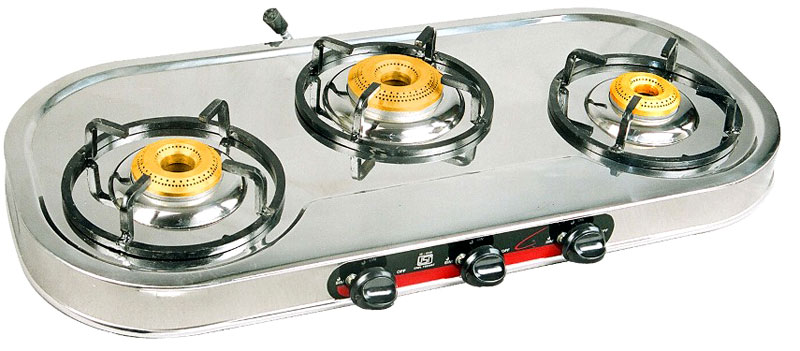Somalis drop charcoal for cooking gas as climate change effects bite

Restaurants, hotels and middle class families are now opting for imported gas cookers as an alternative source of fuel in Mogadishu, a move that is likely to significantly reduce deforestation for charcoal in the country.
The indiscriminate felling down of trees for charcoal in Somalia has caused tremendous damage to forests and adversely affected farmers who depend on the environment for livestock feed and water. One of the prime factors of country’s deforestation contributors is demand of charcoal for energy use including cooking purposes.
Kitchen appliances are now available in Mogadishu markets to meet the growing demand of the population.
Hanan Abdiqadir stopped using charcoal and turned to gas cooker and believes cooking gas has more advantages. “Charcoal contributes to clearance of the country’s vegetation covers and people previously had the excuse that there was no alternative energy from charcoal industry. Now that is changing,” said Hanan.
A gas cooker is also less costly and quick to prepare meals. One bag of charcoal costs Somali Shillings 260,000, which is about $11.8. A family of six members needs to use 3 bags of charcoal in a month while middle sized propane gas cylinder is enough to accommodate the same family at a cost of $22, which is 60% less cost to charcoal.
Director of Mogadishu Gas, Abdifatah Hassan says many households in Mogadishu are moving to the use of natural gas instead of traditional coal and firewood for cooking.
“Improving access to affordable and reliable energy services for cooking is essential for developing countries in reducing adverse human health and environmental impacts hitherto caused by burning of traditional charcoal” he said.
Farhia Ahmed, who has been using charcoal for long times, has now moved to the use of natural gas instead of traditional coal and firewood for cooking.
“Gas cooker have gone crazy over the past few years. More and more people are getting into the gas cooking way of doing things,” Farhia says.
“These gas cookers have been tremendous help to my family over the last few months. I saved money that I used to spend on two bags charcoal that over 25 US dollars”
Although the country has been unstable politically for long-time, Somali businessmen succeeded to introduce and establish well functioning businesses. This new energy market shows a lot of promise. Some pro-environment people like Hanan call for a complete stop of charcoal use.
Over the years, Somalia has been adversely affected by climate change effects ranging from floods to severe droughts. The 2011 famine killed over 200,000 people and displaced thousands more.
Environmentalists and climate change experts converging in Paris last December called for urgent and significant steps to tame the run away climate change effects in various parts of the world. The steps include increasing forest cover and reduction in production of carbon dioxide and other hydrocarbons among other measures.
“Since I switched to cooking gas, many of my neighbors are trying gas for cooking at the first time. I hope in short time people will abandon charcoal and as a result many trees will be preserved,” said Hanan.
Features and benefits of the gas cooker when compared to charcoal
Easy to control with instant on and off activation at the twist of a knob, thus offering adjustment of intensity.
Size in the form of visible blue flame is easy to regulate the required rate of heating, making it possible to cook at desired temperature.can cook faster than the charcoal. Low Kitchen Temperature, stoves emit less overall heat. It easy to store gas cylinder in the kitchen as it occupies little space. Economical and other features.
Lack of energy regulatory authority
The country lacks regulatory bodies and authorities and this infant energy market needs adequate safety regulation. Cooking fire safety is very important and cooking-related fires continue to be a leading cause of home fires. Kitchen fires involve stoves, ovens, appliances and lack of safety precaution can expose homes the danger of fire.